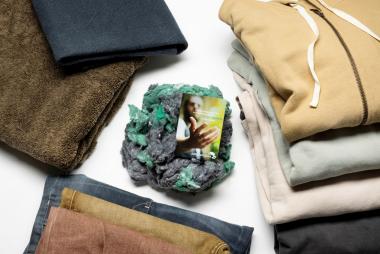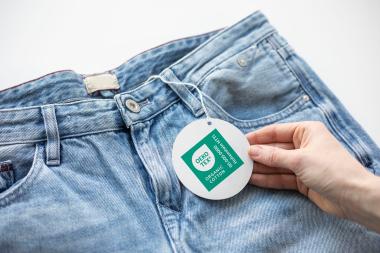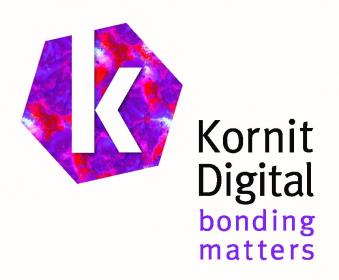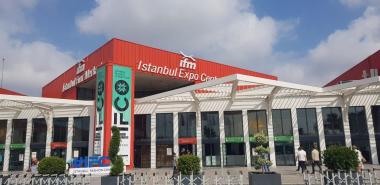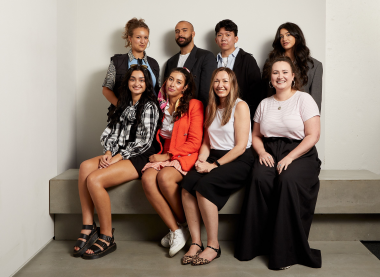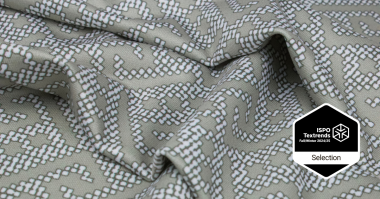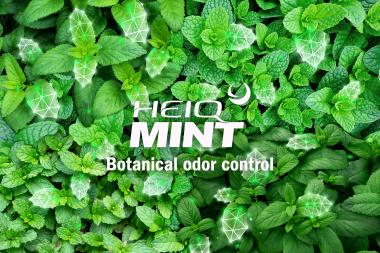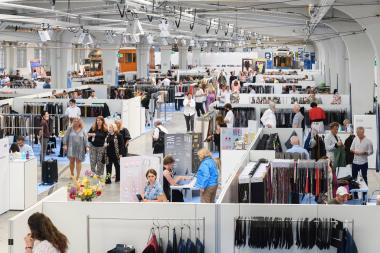New project “Transform Textile Waste into Feedstock”
Textile waste is a problem in Europe. Out of 7-7.5 million tonnes of textiles discarded every year, 30-35 % are collected separately – and of that quantity, 15-20 % are sorted by medium and larger sorting facilities within the EU. After sorting, 60 % still qualify as wearable clothes, however after a second or third collection-loop, all of the textiles become non-wearable sooner or later. Therefore, fibre-to-fibre recycling is becoming increasingly important to preserve the valuable resources.
The textile recycling value chain is not yet mature, but we are on the verge of a turning point, as different fibre-recycling technologies are deployed on a large scale. If successful, the textile recycling industry could reach a recycling rate of 18 to 26 percent of gross textile waste in 2030. This would create economic, social and environmental value that could total 3.5 to 4.5 billion euros in 2030.
Today, there is a sorting gap to achieve a circular economy for textiles in Europe. To feed this new circular value chain, a significant sorting-capacity increase is needed with 150 to 250 sorting and recycling facilities nearby, as the McKinsey-study “turning waste into value” assessed.
There is also a technology and capacity gap in sorting for reuse and recycling to ensure that high quality raw materials from non-wearable textile waste can be made available on a large scale. This is why the “Transform Textile Waste into Feedstock” project was initiated by TEXAID, within the ReHubs initiative together with well-known stakeholders of the textile value chain.
The major outcome of this project will be a sorting-factory blueprint fulfilling the requirements to the future needs of fibre-to-fibre recycling, enabling the future of more sustainable textiles by using recycled fibres. TEXAID, who is leading the project, is committed to build and operate scalable sorting facilities across Europe, the first with a capacity of 50,000 tonnes by the end of 2024.
Companies like Concordia, CuRe Technology, Decathlon, Inditex, Indorama Ventures, L’Atelier des Matières, Lenzing, Marchi & Fildi, PurFi, Södra, Worn Again and others are taking part in the project to jointly evaluate technologies and the business case for scaled sorting for reuse and recycling. ITA Academy GmbH (in cooperation with RWTH Aachen) together with CETIA has been commissioned for the assessment of technologies. The outcome will be an innovative sorting system 4.0, building on cross-functional technologies with digitalization and automation are at the heart.
Texaid











